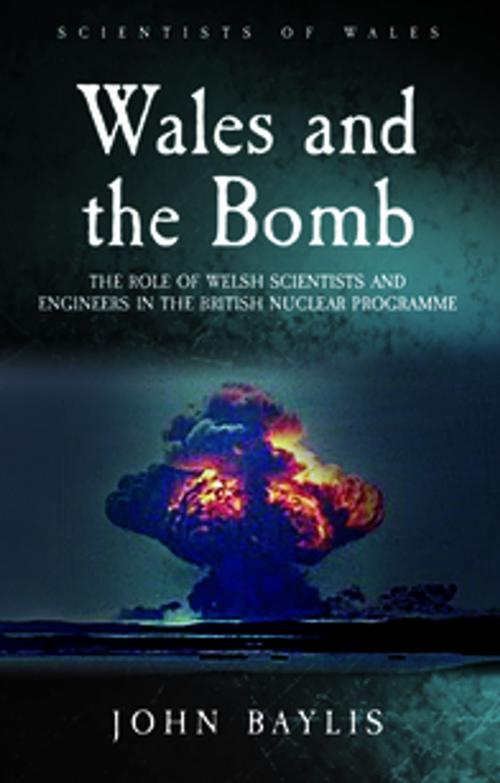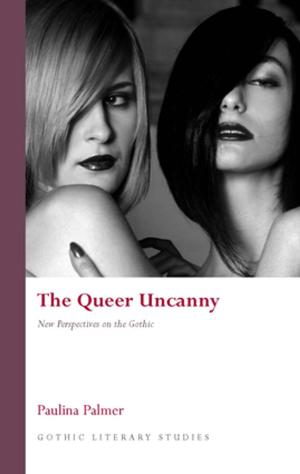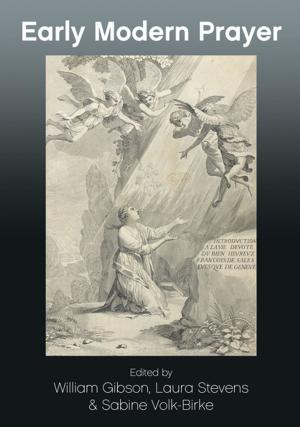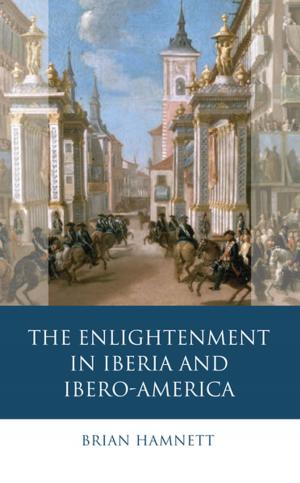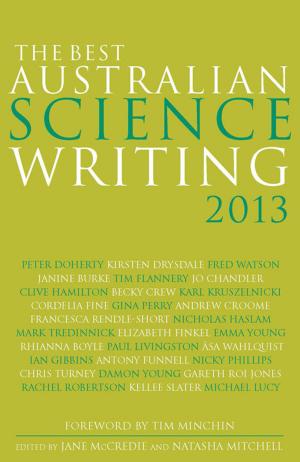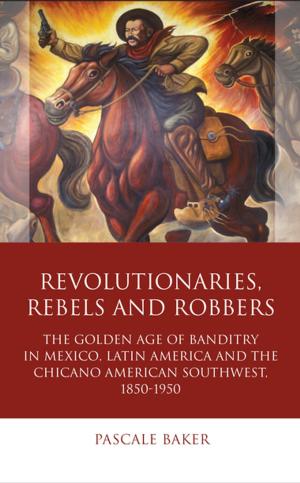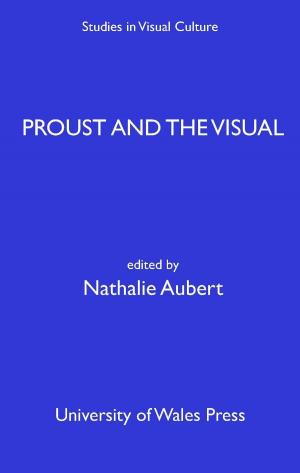Wales and the Bomb
The Role of Welsh Scientists and Engineers in the UK Nuclear Programme
Nonfiction, History, Military, Nuclear Warfare, British| Author: | John Baylis | ISBN: | 9781786833617 |
| Publisher: | University of Wales Press | Publication: | January 9, 2019 |
| Imprint: | University of Wales Press | Language: | English |
| Author: | John Baylis |
| ISBN: | 9781786833617 |
| Publisher: | University of Wales Press |
| Publication: | January 9, 2019 |
| Imprint: | University of Wales Press |
| Language: | English |
The main focus of this book is on the contribution of Welsh scientists, engineers and facilities in Wales to the British nuclear programme – especially the military programme – from the Second World War through to the present day. After the war, a number of Welsh scientists at Harwell played an important role in the development of civil nuclear power, and subsequently also at Aldermaston where Welsh scientists and engineers were a key part of William Penney’s team producing the first UK nuclear device tested at Monte Bello in 1952. This book highlights the scientific and engineering contribution made by Welsh scientists and engineers, and, where possible, it considers their backgrounds, education, personalities and interests. Many, for example, were sons of miners from the Welsh valleys, whose lives were changed by their teachers and education at Wales’s university institutions – which responds in part to the question, ‘Why so many Welshmen?’
The main focus of this book is on the contribution of Welsh scientists, engineers and facilities in Wales to the British nuclear programme – especially the military programme – from the Second World War through to the present day. After the war, a number of Welsh scientists at Harwell played an important role in the development of civil nuclear power, and subsequently also at Aldermaston where Welsh scientists and engineers were a key part of William Penney’s team producing the first UK nuclear device tested at Monte Bello in 1952. This book highlights the scientific and engineering contribution made by Welsh scientists and engineers, and, where possible, it considers their backgrounds, education, personalities and interests. Many, for example, were sons of miners from the Welsh valleys, whose lives were changed by their teachers and education at Wales’s university institutions – which responds in part to the question, ‘Why so many Welshmen?’
